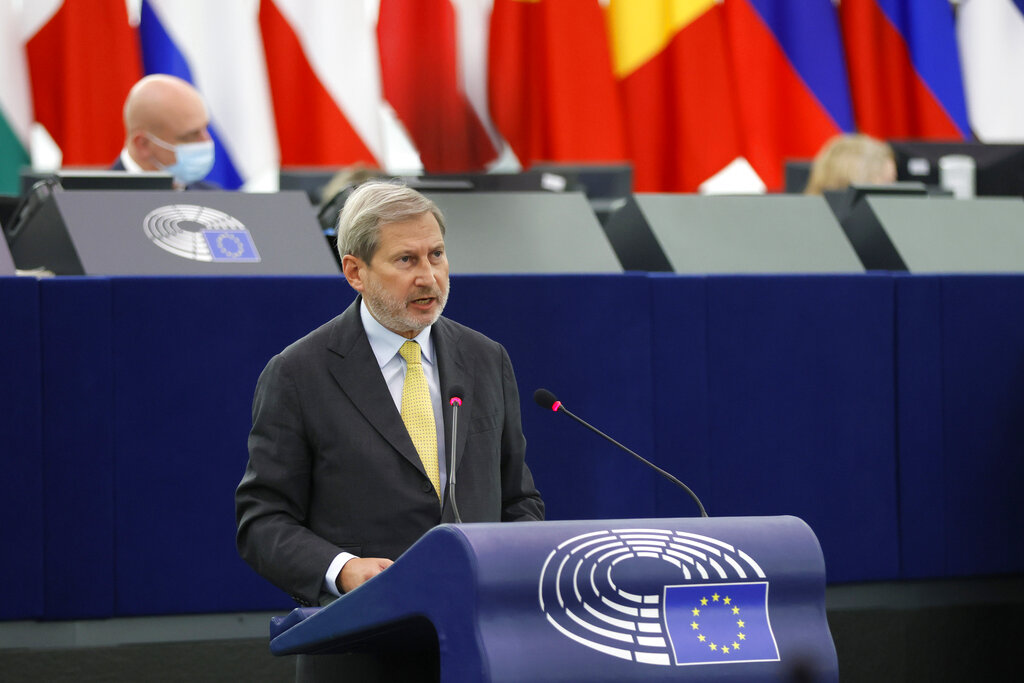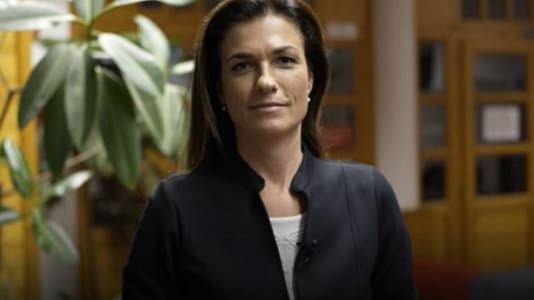The European Economic and Financial Affairs Council has reached an agreement with the European Parliament (EP) on the EU budget for 2022, with total commitments of €169.5 billion and payments of €170.6 billion, the European Council said on Tuesday.
Next year’s budget reflects the EU’s main priorities: supporting economic recovery, combating climate change and switching to a green and digital economy. The agreement also leaves sufficient resources on the expenditure side of the 2021-2027 multiannual financial framework to enable the union to respond to unforeseen future challenges and needs, they said. The agreement provides €49.7 billion to support the recovery from the coronavirus epidemic and to stimulate economic, social and cohesion investment.
The common agricultural policy will receive €53.1 billion, and the EU’s fund for maritime, fisheries and aquaculture will have €971.9 million to support European farmers and fishermen and to strengthen the resilience of the agri-food sector and crisis management.
Another €613.5 million will be allocated to boosting the competitiveness of the single market and supporting small and medium-sized enterprises (SMEs), including in the tourism sector. Support for the Health Union and health needs will be supported by €839.7 million, €1.2 billion for the transition to climate neutrality and €755.5 million under LIFE for environment and climate action.
Digital connectivity and the creation of high-performance transport infrastructure will be supported with €2.8 billion. The EU’s Erasmus + education fellowship will have a budget of €3.4 billion and the cultural and creative sectors will have a budget of €406 million.
The EU is allocating €1.1 billion to migration and asylum policy, which includes the integration of settled migrants, €809.3 million to boost external border management cooperation, including €25 million to protect the EU’s common border with Belarus. Candidate and potential candidate countries will receive €15.2 billion to meet the requirements of the EU accession process and international development and cooperation.
The EU budget also includes targeted support for the humanitarian aid program in Afghanistan and Syria and for crisis management in other parts of the world, they said.
The EU Council and the European Parliament have fourteen days to adopt the joint text, after which the Council is expected to approve the Union’s 2022 budget on Nov. 23 and the European Parliament on Nov. 25-28.






